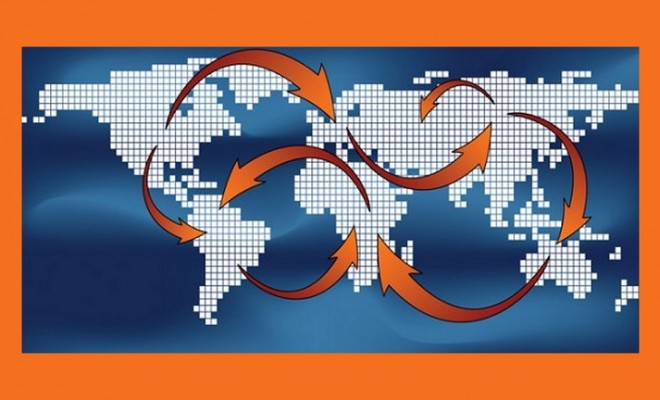
Globalization will be unwound
Accustomed as we are to seventy years of uninterrupted globalization, it is difficult for us to imagine that globalization can be unwound to devastating effect.
The problem is that free global markets clash with sovereignty and national identity. Popular revolts in the West are understandable. But it is more difficult to forgive the failure of those in power, especially after the global financial crisis, to grasp how interconnected the world had become.
Central bankers and other policymakers should have focused on how the key driving forces in the global economy fit together and what that meant for their economy. Instead, over the past couple of decades, they have continued to view the world through the narrow prism of their own countries, taking the rest of the world as an external influence and choosing their policies accordingly.
Different thinking would have produced choices that could have helped the world amplify and spread the benefits of globalization better. Instead, a destructive economic and financial crisis was spawned and allowed to fester. The world economy is far from being fully back on its feet.
To make globalization work, we need an internationally coordinated policy where not only the borrower economies bring their overall debt to sustainable levels but also the saving gluttons act to reduce their malign savings excess. Instead, the world has plunged into a currency war, but no one wins from competitive devaluation when global demand is weak because of excessive savings, as remains the case today. Unfortunately, a global policy response just seems too difficult to achieve in today’s political climate.
Περισσότερα εδώ:
Πηγή: American Enterprise Institute




